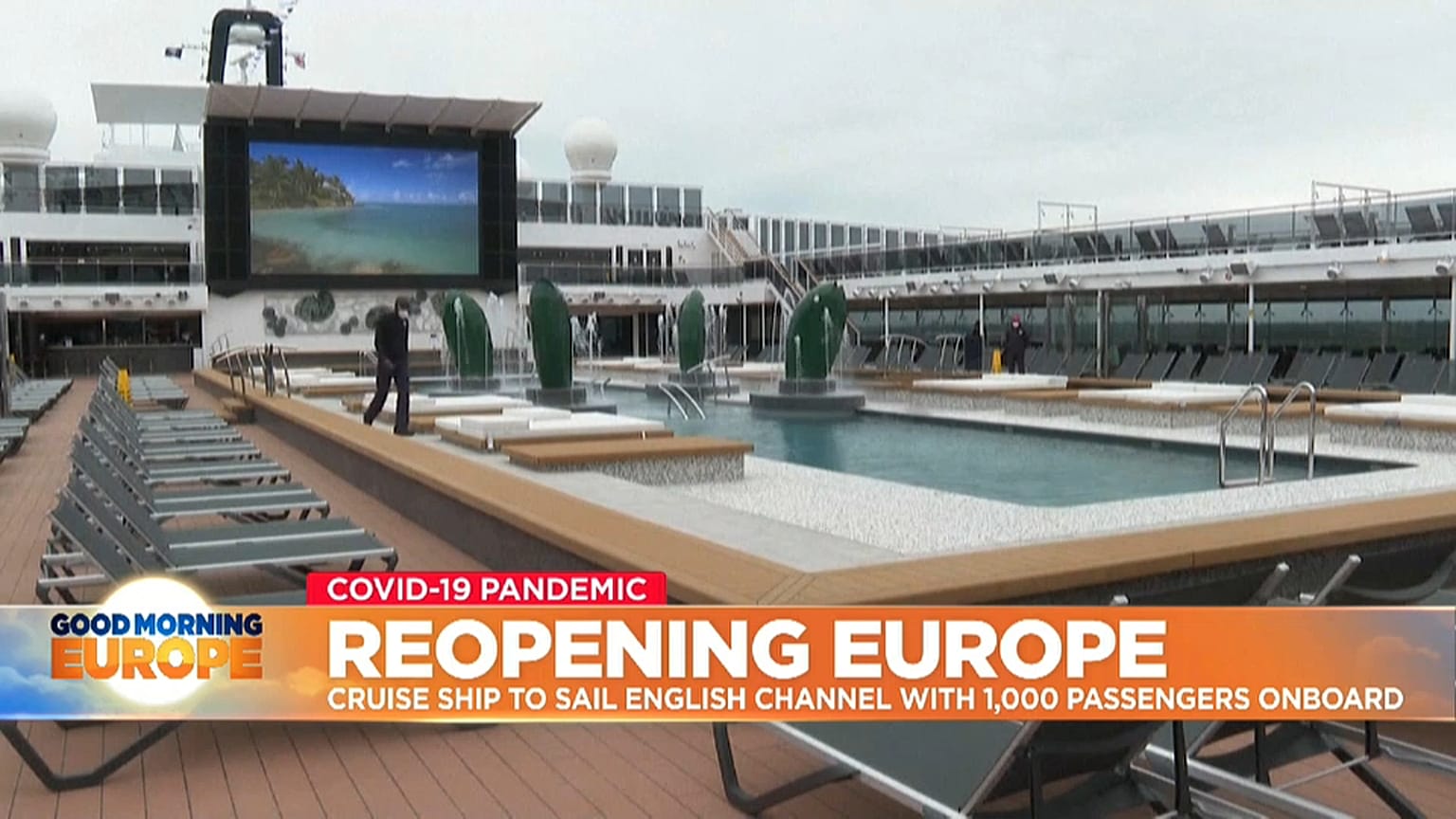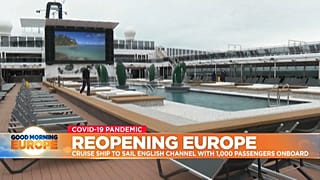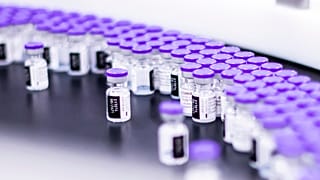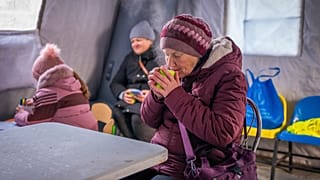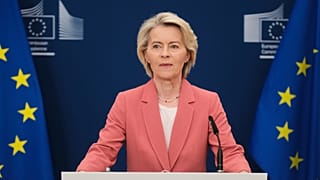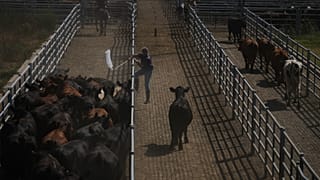The increase in vaccination rates is filling Europe with optimism for summer travel.
In the Italian city of Pordenone, a private company opened a vaccination hub on Thursday. In many places it looks like a case of 'full steam ahead'. However, the World Health Organization's regional director for Europe has warned people to be cautious, despite the new variants being effectively fought by the vaccines, the pandemic is far from being over:
"We need to continue to exercise caution, and rethink or avoid international travel. Vaccines may be a light at the end of the tunnel, but we cannot be blinded by that light," said Dr. Hans Kluge.
"All COVID-19 virus variants can be controlled in the same way, with public health and social measures," Kluge conceded. "And all COVID-19 virus variants that have emerged so far do respond to the available, approved vaccines".
UK Cruise
The MSC Virtuosa, Europe's third largest cruise liner, is welcoming its very first passengers and will sail from Southampton on Friday for a four-day cruise in the English Channel. This is the first cruise to resume since the coronavirus pandemic in the UK, with around 1,000 passengers on board.
Spain
Spain is ready to reopen for tourism, especially with the boost given by Brussels over the agreement for a vaccination passport.
Friday night in Sitges, 400 people will be participating in an experiment where they will be able to enjoy a night out again, after months of confinement.
The town council closed parts of the seaside town, with two controlled accesses solely for the 400 people taking part in the experiment, who will be free to mix and enjoy a Friday night out. All the participants have previously undergone antigen tests to rule out COVID-19 positives. Next week they will undergo a new test to monitor the incidence of the virus in the group.
Watch Euronews's full report in the player above.














